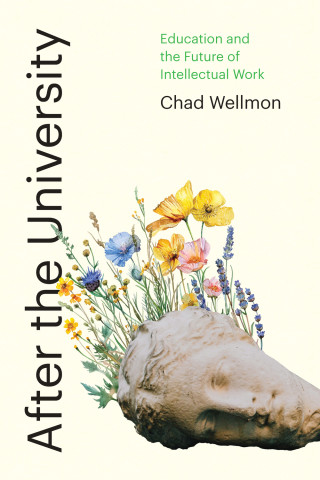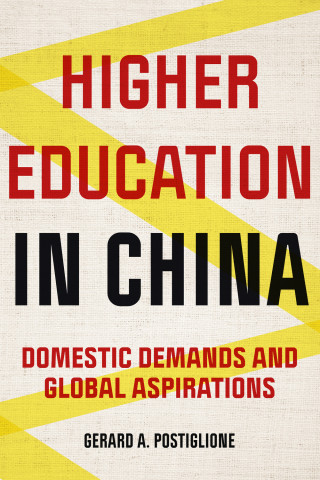
Reviews
The broad perspectives on university governance put forward in this book, relevant to all who are 'negotiating the perfect storm,' make it worthwhile reading.
This book arrives at an important moment in the evolution of university governance... The research and scholarship in this volume provide a detailed depiction of the challenges faced by governing boards and postsecondary leaders.
An exciting book that covers all the vital topics and various points of view. The chapter authors are outstanding and it should be widely used in courses on governance.
Tierney has done an excellent job of creating a forum for a discussion among the impressive array of authors who see higher education governance in differing ways. Each chapter provides important insights toward the discussion and each has a specific contribution that is critical to the dialogue. As a dean, I need this book on my shelf as I negotiate with faculty on one side and the provost and president on the other. I need to assure the faculty that this storm is not an invention of mean administrators, but an economic and social reality that is transforming higher education. This book will help me engage the discussion that we need to consider mutually supportive ways to arrive on the shores safely, if slightly shaken.
Book Details
Preface: Why Governance? Why Now?
Introduction: A Perfect Storm: Turbulence in Higher Education
Chapter 1. Going Global: Governance Implications of Cross-Border Traffic in Higher Education
Chapter 2. The
Preface: Why Governance? Why Now?
Introduction: A Perfect Storm: Turbulence in Higher Education
Chapter 1. Going Global: Governance Implications of Cross-Border Traffic in Higher Education
Chapter 2. The Paradox of Scope: A Challenge to the Governance of Higher Education
Chapter 3. Faculty Involvement in System-wide Governance
Chapter 4. The Ambiguous Future of Public Higher Education Systems
Chapter 5. Governing the Twenty-first-Century University: A View from the Bridge
Chapter 6. A Growing Quaintness: Traditional Governance in the Markedly New Realm of U.S. Higher Education
Chapter 7. University Governance and Academic Freedom
Chapter 8. Improving Academic Governance: Utilizing a Cultural Framework to Improve Organizational Performance
List of Contributors
Index





